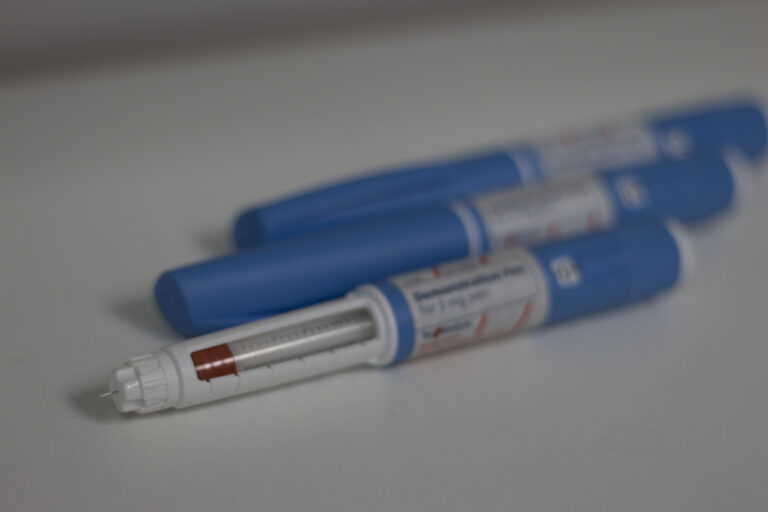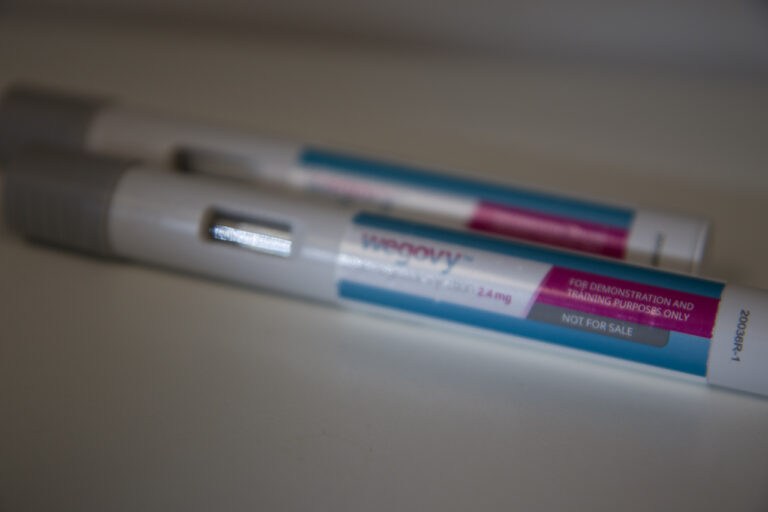I heard Meridia was withdrawn from the market. What happened? What’s new in the medical treatment of obesity?
A randomized placebo controlled trial called SCOUT (Sibutramine Cardiovascular Outcomes Trial) was launched in 2002 and enrolled over 10,000 overweight or obese individuals with diabetes or a history of coronary or peripheral vascular disease or stroke, along with other CV risk factors. At the conclusion of the trial, an early analysis for the trial’s primary end point, a composite of “heart attack, stroke, resuscitated cardiac arrest, or death” found the rate to be 11.4% for patients receiving Sibutramine and 10% for those receiving placebo.
These results led to Abbot labs voluntary withdrawal of Sibutramine from the market late in 2009.
Please note that the label of Sibutramine specifically cautioned against the use of this medication in these situations.
Shortly after the Sibutramine withdrawal, the FDA ruled against 3 promising new drug candidates including a new combination of Phentermine with Topiramate (QNexa), a combination of Wellbutrin with Naltrexone (Contrave), and a new Selective Seratonin 5HT2c agonist, Lorcaserin.
Many were disappointed with the FDA’s decision. Since then, Ed Hendricks, MD, a respected bariatrician from California has been nominated by the FDA to serve on the Endocrinologic and Metabolic Advisory Committee (EMDAC). This is remarkable in that physicians in private medical practice are rarely selected to serve on the EMDAC committee. It is possible that Ed’s expertise in long-term medical treatment of obesity will impact future FDA rulings.




